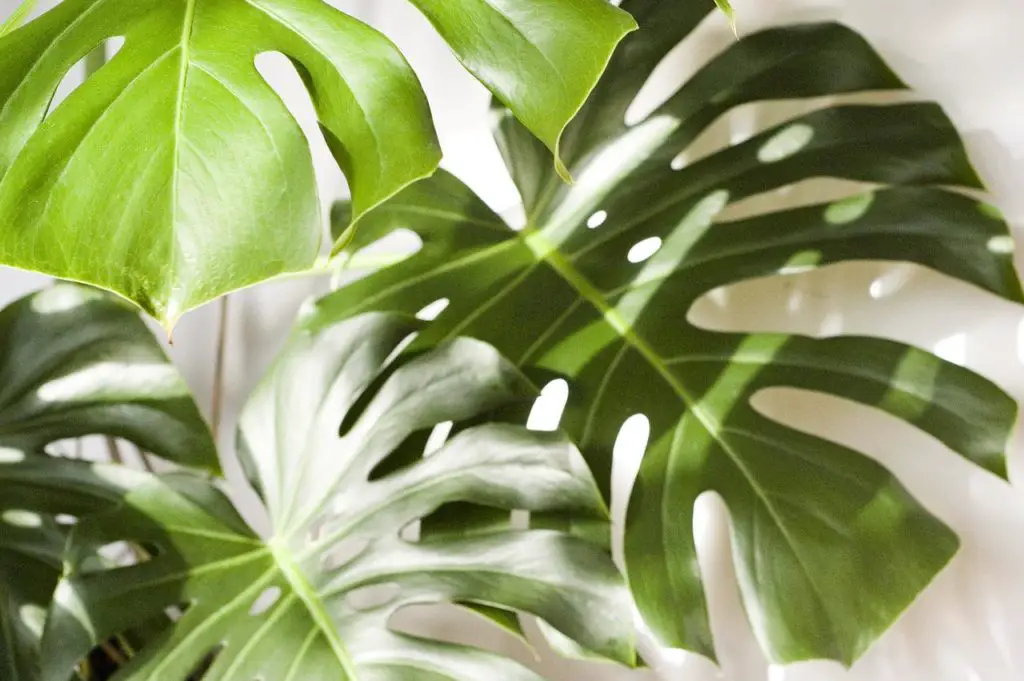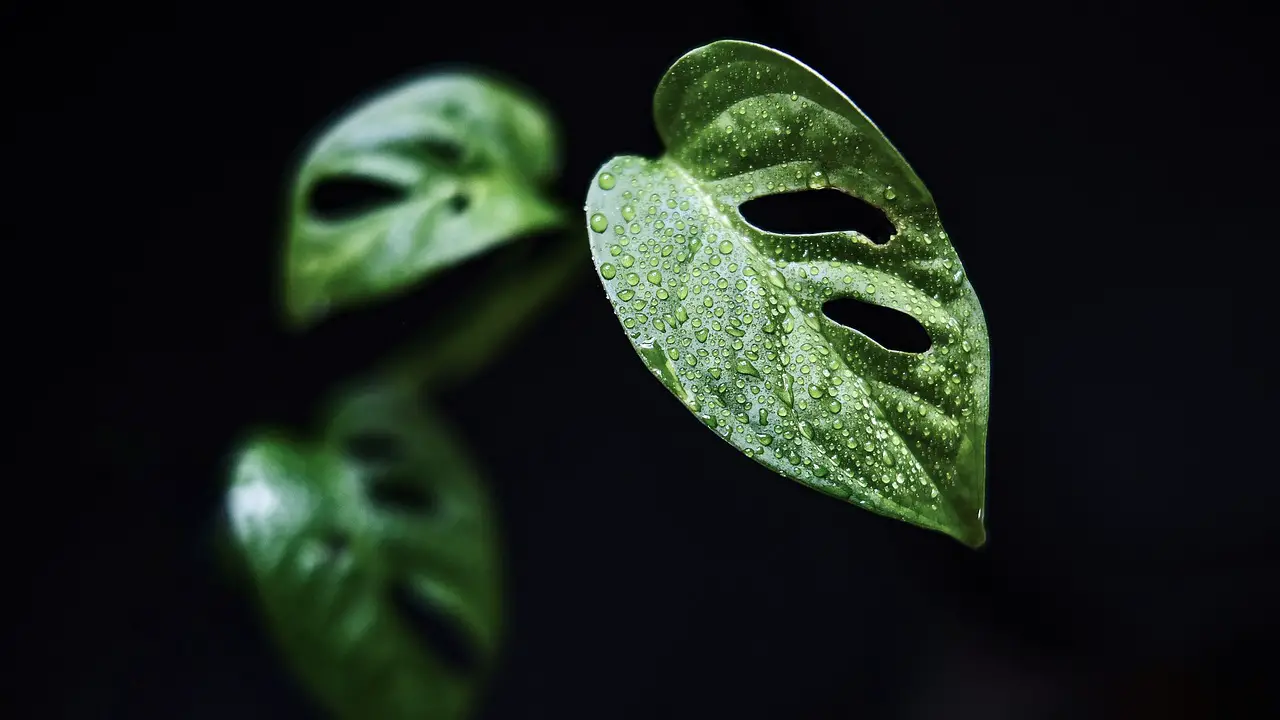If you’re a houseplant enthusiast, you’ve probably heard of Monstera deliciosa, also known as the Swiss Cheese Plant. But have you heard of the White Monstera? This rare and stunning plant is a must-have for any collector. In this article, we will explore everything you need to know about the White Monstera, including its unique features, care requirements, and propagation methods.

What is a White Monstera?
A White Monstera is a rare variety of Monstera deliciosa that has white or cream-colored variegation on its leaves. This variegation is caused by a genetic mutation that affects the plant’s chlorophyll production, resulting in patches or streaks of white on the leaves.
The White Monstera is also known as the Variegated Monstera or Monstera albo variegata. It is highly sought after by plant collectors due to its unique and striking appearance.
Features of a White Monstera
The White Monstera is easily recognizable by its distinctive variegation. The white or cream-colored patches on the leaves can vary in size and shape, making each plant unique. The variegation is typically more pronounced on new growth and may fade as the leaves mature.
In addition to its variegation, the White Monstera has all the typical features of a Monstera deliciosa. Its leaves are large, glossy, and deeply lobed, with a unique perforated pattern. The plant can grow up to 30 feet tall in its natural habitat, but when grown indoors, it typically stays around 6-8 feet tall.
Care Requirements for a White Monstera
While the White Monstera is a unique and rare plant, its care requirements are similar to those of a regular Monstera deliciosa. Here are some essential care tips to keep in mind:
Light: The White Monstera prefers bright, indirect light. Direct sunlight can scorch the leaves, while too little light can result in poor growth and weak variegation.
Water: Like most houseplants, the White Monstera prefers well-draining soil and regular watering. However, it’s essential not to overwater the plant, as this can lead to root rot. Wait until the top inch of soil is dry before watering, and make sure the pot has drainage holes.
Humidity: The White Monstera thrives in high humidity, similar to its natural habitat in the rainforest. You can increase humidity by misting the plant regularly or placing a humidifier nearby.
Temperature: The White Monstera prefers temperatures between 65-85°F (18-29°C). It’s essential to keep the plant away from drafts or sudden temperature changes.
Fertilizer: The White Monstera benefits from regular feeding with a balanced fertilizer during the growing season (spring and summer). However, be careful not to over-fertilize, as this can damage the roots.

Propagation of a White Monstera
Propagating a White Monstera can be a bit tricky, as the plant is rare and can be challenging to find. However, if you are lucky enough to have one, there are two main methods of propagation:
Stem Cuttings: Take a stem cutting that includes at least one node and one leaf. Place the cutting in water or moist soil until it develops roots, then transplant it into a pot with well-draining soil.
Air Layering: This method involves making a small incision in the stem of the plant, then wrapping it in damp sphagnum moss and plastic wrap. Roots will eventually develop within the moss, and the new plant can be transplanted into a pot.
In conclusion, the white Monstera is a rare and beautiful plant that adds a unique touch to any indoor space. While it may be more challenging to care for than its green counterpart, it is definitely worth the effort for its stunning appearance. Whether you choose to grow it from seed or purchase a mature plant, following the proper care instructions and being patient with its growth process will help ensure its health and longevity. By providing the right environment, such as indirect sunlight, well-draining soil, and occasional fertilization, your white Monstera can thrive and be a source of joy for years to come.

